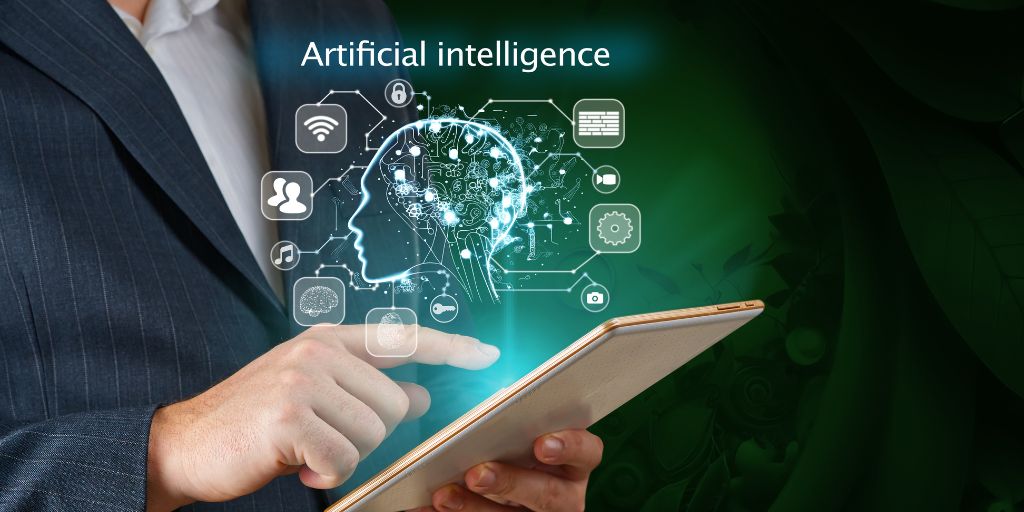
Artificial Intelligence (AI) has emerged as a game-changing technology, revolutionizing industries and transforming the way we live and work. As AI continues to advance, it is essential to explore its impact and the remarkable possibilities it brings. In this article, we delve into the advent of AI technology, highlighting its evolution from algorithms to intelligence and its profound implications for society. Join us as we navigate the exciting landscape of AI and its growing significance in various domains.
Section 1: The Evolution of AI Technology
AI technology has come a long way since its inception, evolving from basic algorithms to sophisticated systems capable of learning, reasoning, and problem-solving. In the early stages, AI focused on rule-based systems that followed predefined instructions. However, with the rise of machine learning, AI gained the ability to analyze vast amounts of data and adapt its behavior accordingly. The introduction of deep learning algorithms further enhanced AI capabilities by mimicking the human brain’s neural networks, enabling machines to process complex patterns and make intelligent decisions.
Section 2: AI Applications across Industries
The advent of AI has opened doors to countless possibilities across diverse industries. From healthcare and finance to manufacturing and transportation, AI is making a profound impact by automating tasks, improving efficiency, and enhancing decision-making processes. In healthcare, AI aids in disease diagnosis, drug discovery, and personalized treatment plans. In finance, AI algorithms analyze market trends, optimize investment strategies, and detect fraudulent activities. In manufacturing, AI-powered robotics revolutionize production lines, increasing productivity and reducing errors. The applications of AI continue to expand, promising even more significant advancements in the future.
Section 3: The Societal Impact of AI
As AI technology becomes more prevalent, its societal impact cannot be overlooked. While AI offers tremendous benefits, there are concerns surrounding privacy, ethics, and job displacement. It is crucial to strike a balance between technological advancement and ethical considerations. Organizations and policymakers must collaborate to establish frameworks that ensure transparency, accountability, and responsible use of AI. Additionally, reskilling and upskilling initiatives can equip individuals with the necessary skills to adapt to the changing job landscape, ensuring that humans and AI can work together harmoniously.
Section 4: The Future of AI
The future of AI holds immense potential. As technology continues to advance, we can anticipate breakthroughs in areas such as natural language processing, computer vision, and autonomous systems. AI will play a pivotal role in shaping smart cities, improving transportation systems, and advancing medical research. Ethical considerations, research advancements, and collaboration among various stakeholders will drive the responsible development and deployment of AI, leading us into a future where AI becomes an integral part of our daily lives.
Conclusion:
The advent of AI technology marks a significant milestone in human history. From its humble beginnings with algorithms to the emergence of intelligent systems, AI has transformed industries, enabled groundbreaking applications, and raised important societal considerations. As we navigate this exciting era, it is crucial to embrace the potential of AI while addressing ethical, privacy, and workforce challenges. By fostering responsible development and usage of AI, we can unlock its full potential, revolutionize industries, and pave the way for a brighter future empowered by artificial intelligence.











